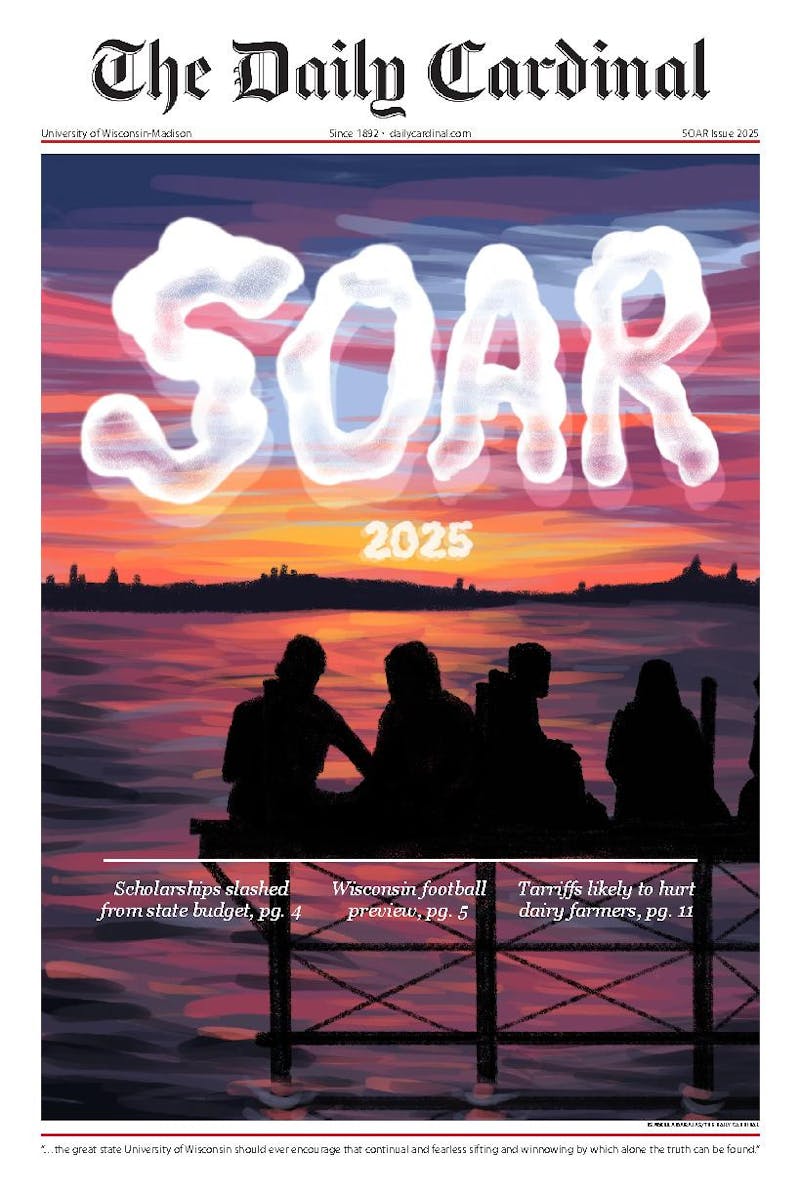Facebook has evolved into a social phenomenon that people of all ages around the globe can't ignore. It began primarily as a platform for college students to voice campus gossip online, but it has since turned into an unstoppable business ploy, getting the site to the 500 million user mark just this year, surpassing even the search engine Google in the amount of Internet hits worldwide.
There's no doubt Facebook is the fire that sparked the creativity of other popular social media sites. As this multi-billion dollar corporation has rapidly grown, other social media platforms have emerged in its wake, eager to earn Facebook money. The site, and others like it, have not merely been used for communicating with friends and family, but have also expanded into entertainment, businesses and political activism and. Social networking in the professional arena allows for a quick, effective dialogue among employees and corporations both domestically and globally.
But how far should employers go when it comes to using social media in the workplace? Is there a line that shouldn't be crossed, and can we ensure that a Facebook page has the capability to uphold the name of a business? That's just the question the Rockville Central local community news site in Washington D.C. is currently asking. Editor Cindy Cotte Griffiths recently decided to move all of the town's news coverage onto Facebook, with the hopes of ""[being] an example of how people [can] create and share online as a community without financial investment.""
Not surprisingly, local readers have raised some concerns. Savvy social media users and ""go green-ers"" are more than happy with the move, but some feel differently. One man said the move to Facebook only cost the news site his support, since the usual location where he had been able to read the paper blocks Facebook. Sure, Facebook provides easy access to news by not requiring viewers to navigate away from the page, but what do efforts lik this mean for the future of the journalism field in general?
As brands and names move toward more emphasis of social media, prospective journalists should not necessarily be surprised that the future of their intended field requires more reliance on the Internet. Some argue that the core meaning of journalism is lost in the shift to online, but technology is inevitable, and we cannot resist the movement.
In fact, Twitter is most known as the platform to post news-related topics, as it allows for the most public communication and easiest accessibility among users. However, what makes Facebook more appealing is that unlike Twitter, posts can be more than 140 characters. Plus, networks allow people to join groups of people with similar interests. Facebook is just now becoming more public itself, and it's opening doors for larger advertising and informational opportunities on its home page.
But let's look at the global implications of Facebook. It received a lot praise by helping to create a collective voice among Egyptians in the midst of political upheaval.
According to mashable.com, Facebook is an easy tool that allows reporters to ""actively monitor the unrest…[and helps] to track what is about to happen… in real-time."" The site goes on to explain that Facebook provides a vast amount of sources for journalists to report on, helping to expand their scope of valid and credible research.
Right on campus, students at UW-Madison are finding more ways to communicate news instantly and organize themselves through social media sites like Facebook and Twitter.
Students have made pages detailing and organizing protesting schedules—most recently at the Capitol against the budget repair bill—and have advertised different organizations to tap in to the tech-savvy student demographic.
The movement seems to be inevitable yet natural, as we have begun to post news and create pages regarding specific interests instead of talking about it on old forms of communication like phone and e-mail. It only took time for people to recognize that this tool is a major benefit for the field of journalism as a whole. Now, all we need to do is move with it.
Casey Ayala is a freshman intending to major in journalism. We welcome all feedback. Please send responses to opinion@dailycardinal.com.






